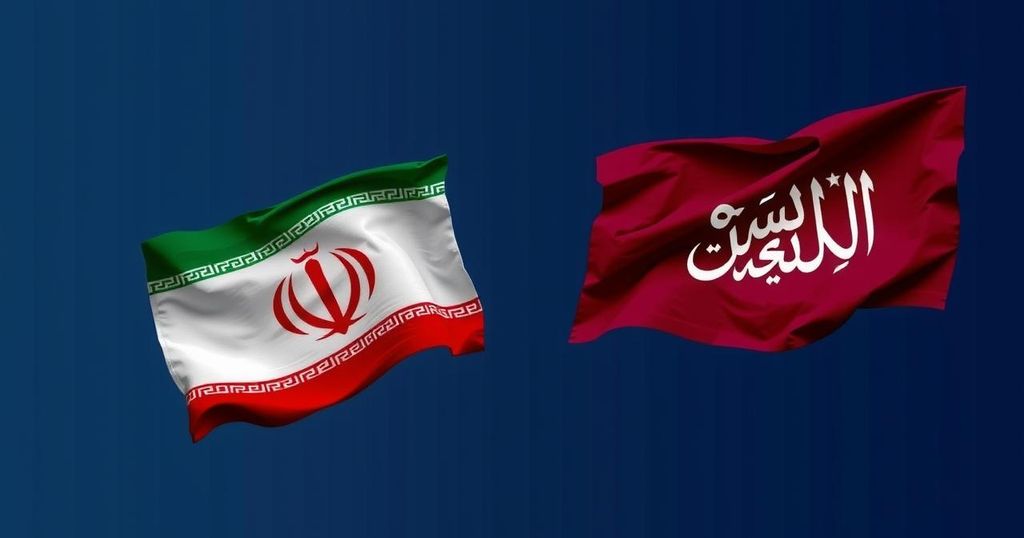Iranian President Massoud Pezeshkian has called for stronger ties with Qatar, emphasizing a partnership that could benefit both countries. The discussions follow significant geopolitical shifts, including the relocation of Hamas leaders to Turkey. With Qatar’s unique diplomatic positioning and Iran’s regional influence, their collaboration could enhance their roles in international diplomacy, particularly concerning Hamas support and relations with Western powers.
In a significant display of diplomatic intent, Iranian President Massoud Pezeshkian recently emphasized the need for “broader and deeper” relations with Qatar during a meeting with Qatari Prime Minister Sheikh Mohammed bin Abdulrahman Al Thani. This meeting occurs in the context of evolving geopolitical tensions, particularly with Hamas leaders relocating to Turkey—a nation aligned with both Qatar and Iran. Notably, Qatar has cultivated a unique position, engaging with both extremist factions and Western allies, underscored by its historical ties with groups such as the Taliban and Hamas.
Recent developments illustrate Qatar’s dual role in international diplomacy. Following its past facilitation of Hamas funding through Gaza and its management of complex relationships with Western powers, Qatar’s strategic diplomacy shows an inclination towards nurturing its partnership with Iran. During the latest discussions, President Pezeshkian reassured his Qatari counterpart of Iran’s commitment to previously established agreements, inviting the Emir of Qatar to Tehran for a potential visit.
Prime Minister Al Thani confirmed Qatar’s interest in advancing bilateral relations, suggesting plans for a future visit to Iran by the Emir. As both nations adjust to shifts within the geopolitical landscape, particularly with the recent migration of Hamas leadership, their strengthened cooperation signifies a mutual interest in enhancing their regional influence.
The backdrop of this collaboration includes Iran’s ongoing criticisms of Western entities and Qatar’s established influence within international frameworks. This partnership could yield significant benefits for both nations; Iran may gain leverage with Qatar’s international connections while Qatar could receive support through Iran’s regional alliances. Their mutual interest in backing Hamas further cements the strategic significance of their alliance.
The call for enhanced relations between Iran and Qatar comes against a backdrop of shifting geopolitical alliances in the Middle East. While Qatar has played a controversial role as an intermediary, hosting groups like Hamas and the Taliban, its ability to maintain ties with Western powers illustrates a unique diplomatic stance. As Hamas leaders have relocated to Turkey, the dynamics between Iran and Qatar are shifting. This relationship is not isolated from the broader implications of international politics, particularly with impending changes in the U.S. administration that could affect regional strategies.
In conclusion, the recent dialogues between Iran and Qatar showcase a significant move towards strengthening their ties amid changing regional dynamics. With both nations expressing eagerness for deeper cooperation, particularly in light of their shared interests in Hamas, this partnership may provide strategic advantages as they navigate the complex landscape of international relations. Their collaboration is poised to reshape regional alliances and could potentially affect broader international interactions.
Original Source: www.jpost.com






